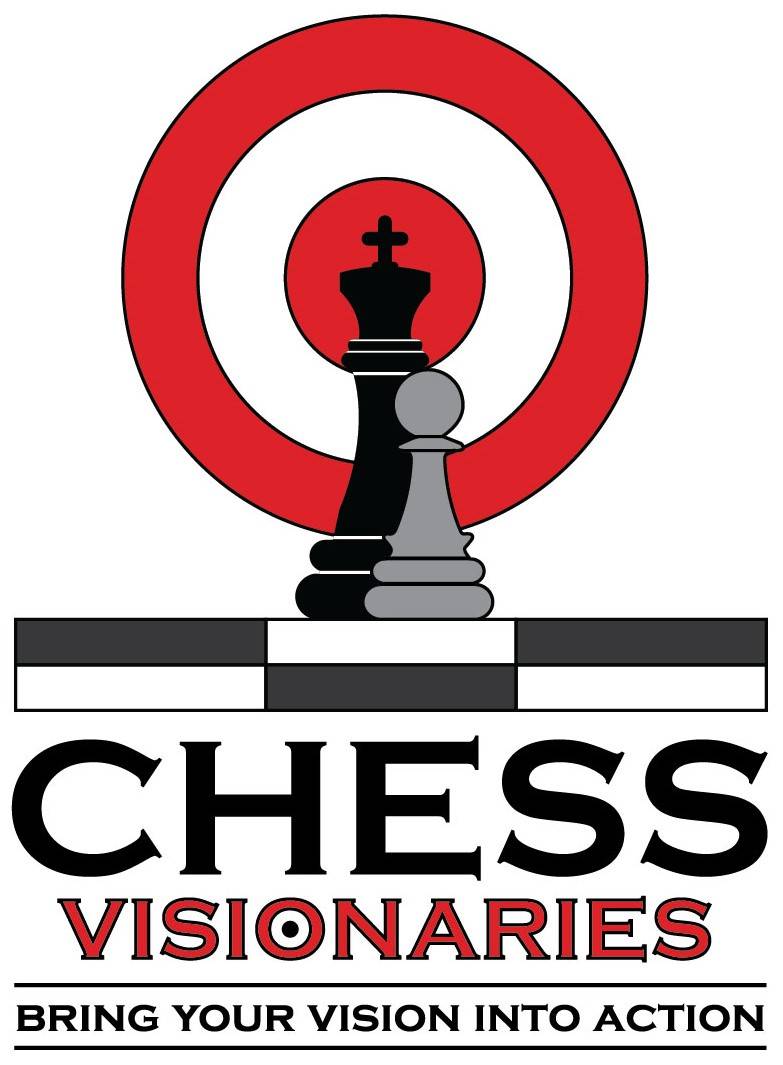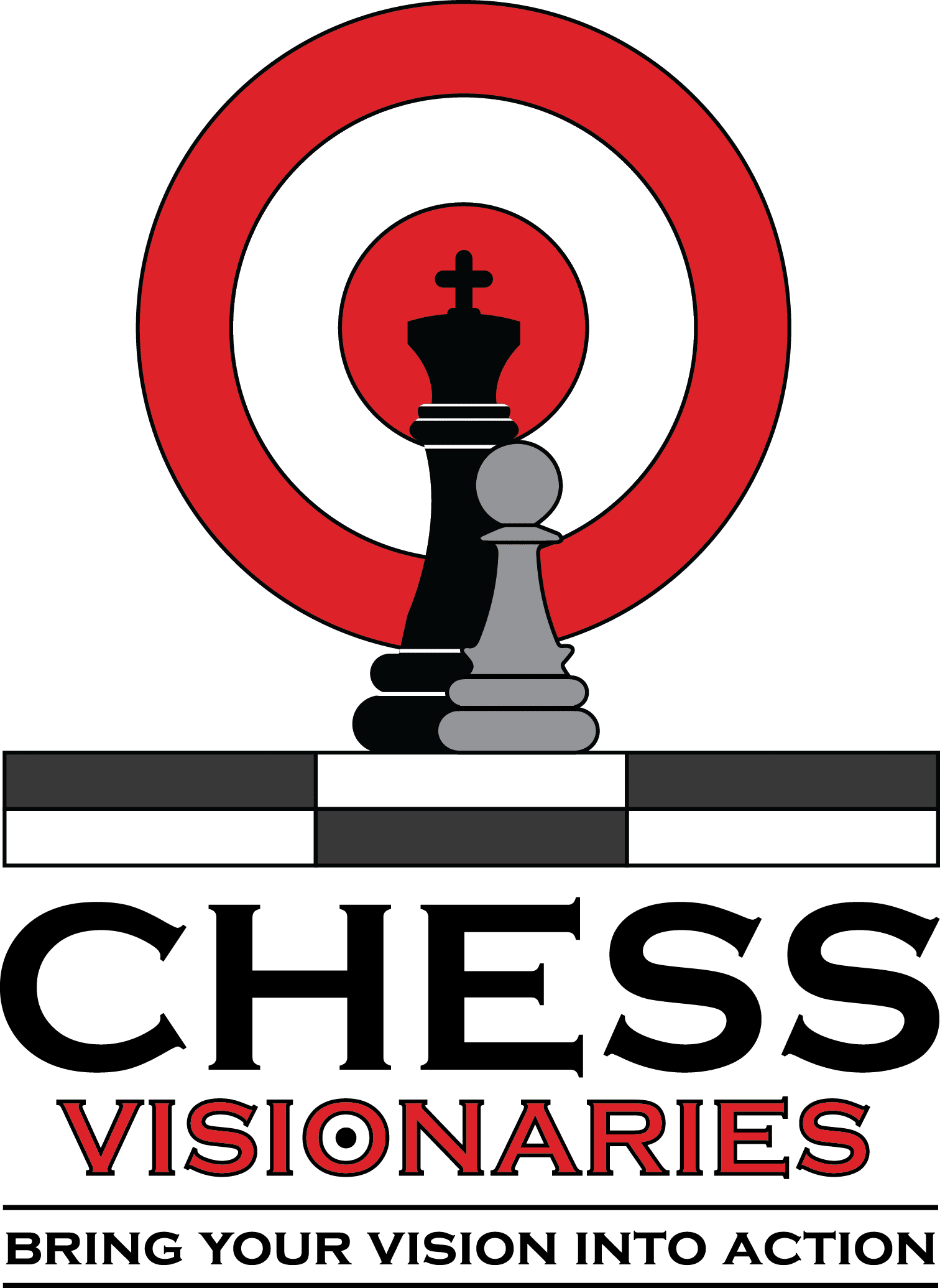BRING YOUR VISION INTO ACTION

Chess: Beyond the Board
The Political Chessboard
Chess and Business: A Strategic Alliance

Chess and Education: Shaping Young Minds
Chess’s educational benefits are widely acknowledged. It enhances critical thinking, problem-solving, and concentration. In classrooms worldwide, chess is used as an educational tool to nurture young minds. It instills patience, encourages logical reasoning, and fosters creativity—all of which are vital skills in today’s fast-paced, information-driven world.
A Global Phenomenon
The influence of chess knows no boundaries. It unites people across borders, transcending language and culture. The game’s universality is evident in its enthusiastic following worldwide, from grandmasters in Russia to schoolchildren in the United States. It’s a testament to the game’s ability to bring people together.
The Call to Action: Embrace the Chess Philosophy
Share the Wisdom:
“Unlock the power of strategy and learn how chess influences politics, business, and more. Discover the intricate relationship between the game of kings and the world around us. Check out this fascinating blog!“


